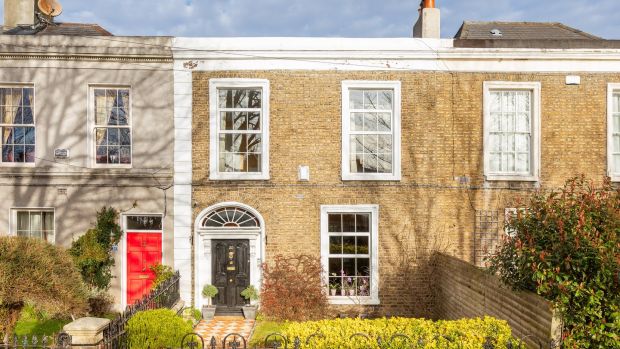Election Guide: Part 2

Election Guide: Part 2
Possible Outcomes
Saturday’s General Election looms large on the horizon, and for once the polls point to the possibility of historic change. For many though it is understandably difficult to work out what any of it actually means. There are a confusing array of parties running many of whom sound awfully similar to one another, as well as a shall we say ‘colourful’ collection of independents. In addition to this, and despite being a political scientist’s wet dream, for the average punter it can be difficult to understand how our PR-STV voting system actually translates into seats in the Dáil. To that end, it is useful to consider what the results could actually be, and what they would mean.
Barring any unprecedented last minute movements, there are three kinds of possible outcomes based on the way the polls are looking at the moment.
Continuity
The Sinn Fein and left surge turns out to have been overestimated by polls, and the more reliable turnout of the traditional parties ensure the two traditional parties of government remain larger than anybody else. Fianna Fail likely replace Fine Gael as the largest party, but otherwise it’s as you were. Broadsheet columnists will publish article after article about how wonderfully sensible and moderate the Irish electorate are, but meanwhile the social fabric of the country will continue to be pulled apart and the planet will burn. The only way to stop this is to ensure young people turn out.
Reallignment
Sinn Fein, Fianna Fail and Fine Gael all get a roughly equivalent vote share. This is the option the current polls suggest, but what happens after is very much up in the air. It’s possible that this forces Fianna Fail and Fine Gael into a formal coalition, possibly with the support of one of the smaller centre-left parties and/or independents. However in this scenario it’s very possible the only way for a stable government to be formed will be for Sinn Fein to go into coalition as the junior partner of Fianna Fail. This will no doubt be tempting, but would also immediately burn bridges with a large portion of their supporters who have voted for them for the first time. Any sense of insurgency would be immediately extinguished as Irish politics collapses back into its old patterns with Sinn Fein likely being wiped out at the next election. Should they resist, however, they will be ideally placed as the leading opposition party to win next time around and a real left-right divide will finally have emerged in Irish politics. In either case, this almost certainly means the end for Leo Varadkar.
Rupture
The streets run red with wine and the blood of predatory landlords, basically. Sinn Fein and the rest of the left have a phenomenal day and as a result collectively manage to creep over the 80 seat threshold required to form a majority government. This would be absolutely unprecedented and even thinking about it feels like a fever dream, but it is a genuinely possible outcome, if only just about. Such a government would face instability and huge opposition from the start, but even if it collapsed the very fact of its happening would alone be momentous and would signal new possibilities for Irish politics.
What makes this election especially difficult to call is the fact that Sinn Fein lead in the most recent poll, but are only running half the candidates that Fianna Fail and Fine Gael are so it is still likely they will finish behind them in terms of total numbers of seats. What that should mean, however, is that we will see a lot of Sinn Fein candidates elected on the first count with very large surpluses to be redistributed to other parties. This may mean that other left parties will see a lot of transfers that aren’t being captured by opinion polls that only ask about first preferences and could well end up pushing us closer toward the third possible outcome here. The upshot of this is that anybody looking for progressive change needs to vote left the full way down the ballot. In any case, the potential is there for this to be an election like no other in Ireland’s history.
Artwork: James McGuirk